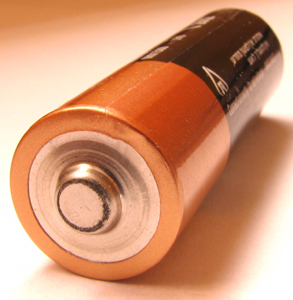The new battery recycling regime will be more manageable for small retailers now that the government has acted on some of its concerns but some issues still need to be resolved.

So says BHF Group, which points out that while the government has acted on some of the battery recycling issues raised by the federation the problem of storing and moving lithium batteries remains unresolved.
From February 1 2010, retailers who sell more than about a pack of AA batteries a day will have to start taking back used batteries from customers and recycling them. According to the BHF, the method by which is this done will impact far more on small businesses than larger ones.
BHF information manager Rebecca Abbott said: “Used batteries become classed as hazardous waste as soon as you put them in the boot of your car to transport them to a collection point, so our worry was that small rural businesses, if they had to transport waste batteries any distance at all, would find it difficult to participate legally.”
In response, the government is now exempting up to 333kg of used batteries from the regulations controlling the transport of hazardous materials.
It has also raised the minimum volume of annual sales at which a retailer is required to take back used batteries, from the proposed 16kg a year to 32kg.
However, the issue of storage remains. Loose lithium batteries can cause fires through friction and sparking, and BHF Group argues that “simply piling up batteries of unknown condition and unknown chemical content is inherently risky, whether in a collection bin in a shop or at an open public collection point”.
 Housewares Business-to-business magazine for housewares retailers and their suppliers
Housewares Business-to-business magazine for housewares retailers and their suppliers



